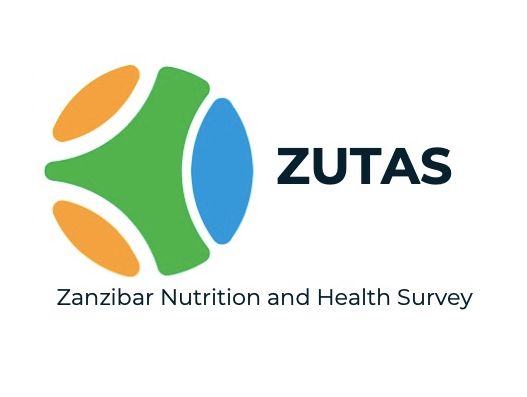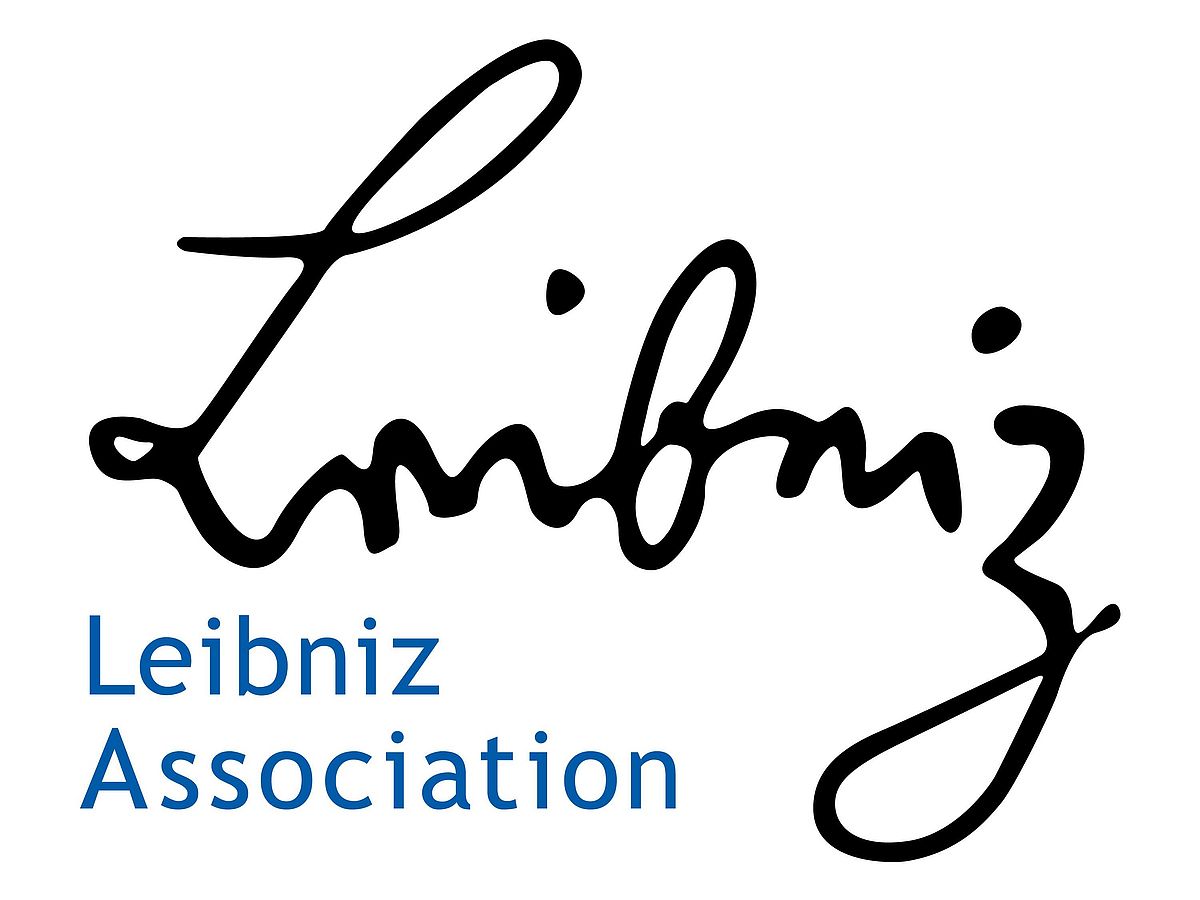Data such as weight and height are collected for the study.
ZUTAS

ZUTAS-Survey

Documentation
The availability of seasonal foods at the market is checked.

Interviews
Conducting an interview...
Zanzibar Nutrition and Health Survey (ZUTAS)
The Zanzibar Nutrition and Health Survey (ZUTAS) was conducted within the project ‘Access to Food and Nutrition Status of the Zanzibari Population’ as part of the ‘Leibniz Graduate School Sustainable Use of Tropical Aquatic Systems’.
It aimed at investigating the prevalence of diet- and lifestyle related disorders and their risks factors among the Zanzibari population.
The project presented
ZUTAS is a population-based, cross-sectional study conducted in 2013 in Unguja, Zanzibar, Tanzania.
The survey provided data to examine potential impacts of environmental changes and globalization on food security and food choices and the implications for health and nutritional status of the Zanzibar population in Unguja Island.
Main objectives were to
- understand and assess interplay of households and community structures towards health outcomes in relation to nutrition and diseases
- analyse spatial clustering of community health outcomes using GPS
- assess nutritional status and food consumption behaviours of all members of the household through anthropometric measurements and individual dietary diversity score and
- investigate metabolic biomarkers in blood and urine to assess health and disease risks among the Zanzibari.
SUTAS. (n.d.). Retrieved October 31, 2019, from www.leibniz-zmt.de/en/research/research-projects/sutas.html%0D
Contact person
Dr. oec. troph. Antje Hebestreit
Leibniz Institute for Prevention Research and Epidemiology - BIPS
Epidemiological Methods and Etiological Research
German Alliance for Global Health Research
Dr. Antje Hebestreit: "Our research in Zanzibar confirmed that early undernutrition is followed by adult overweight increasing the NCDs risk among Zanzibari. The results helped to bring this Double Burden of Malnutrition into political debate and the scientific discourse resulted in the development of a new curriculum at the State University Zanzibar to prepare health professionals for the projected obesity and NCD rise."
moreSustainable Development Goals
ZUTAS relates to Sustainable Development Goals 2 (No Hunger), 3 (Health and Well-being), and 6 (Water and Sanitation), and aims to use data-driven evidence to support the development of policies and health promotion programs, and to bring the prevention of diet-related diseases into the focus of policy debate.
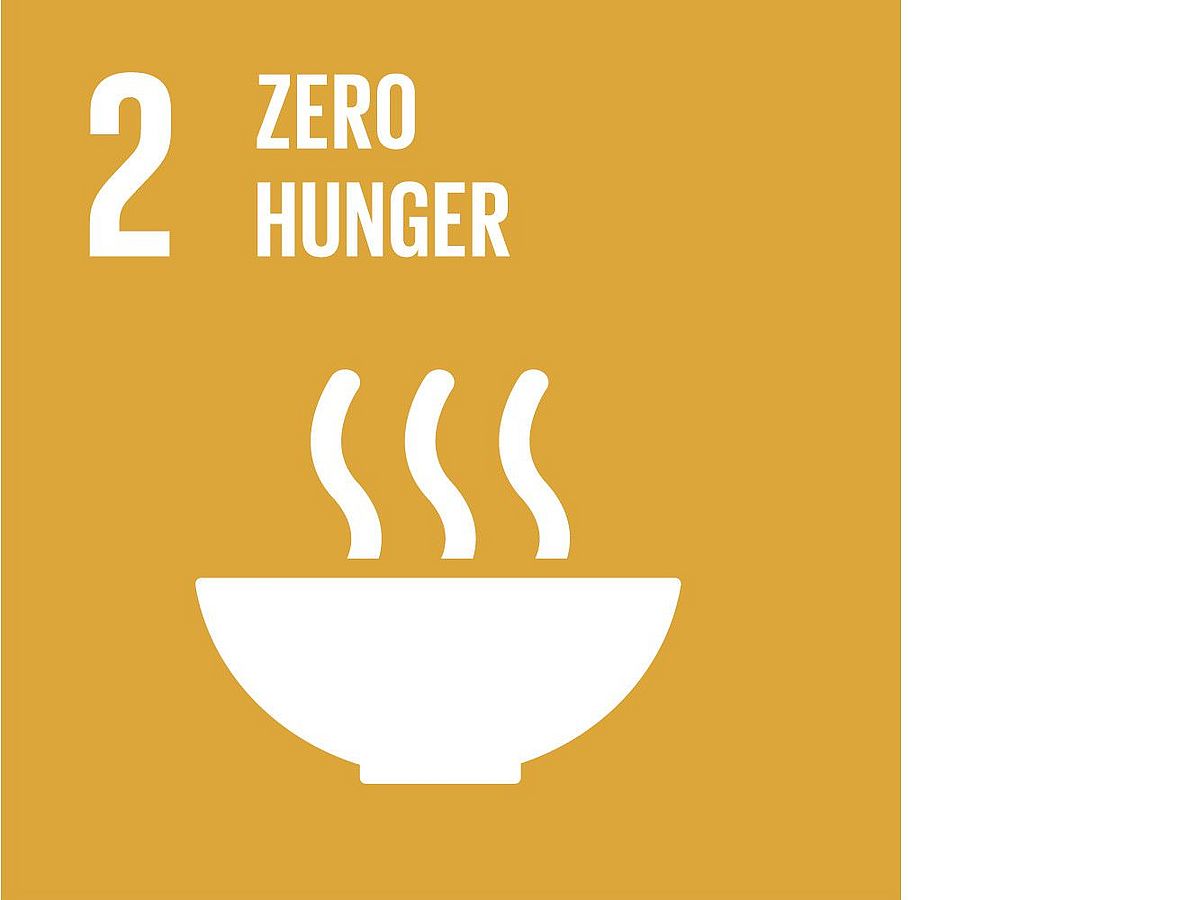
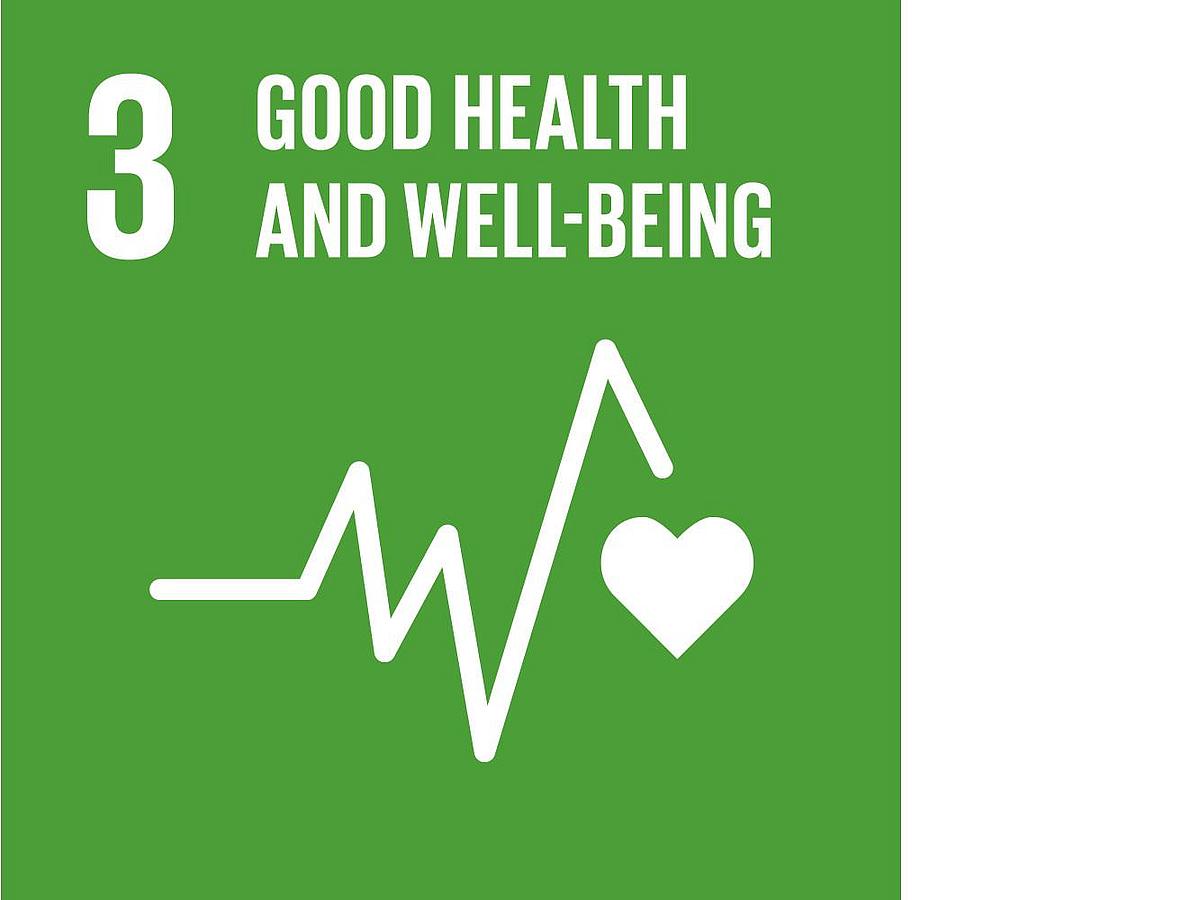

Selected publications
- File name: Nyangasa__JMIR_Res_Prot_2016.pdfLast update: 08.02.2021
- File name: Nyangasa_IJERPH_2019.pdfLast update: 08.02.2021
Spatial variation in association between food consumption and obesity
File name: SUTAS_final_symposium_GEO_poster_v1.0.pdfLast update: 26.04.2021- File name: Brackmann__Frontiers_PH_2019.pdfLast update: 08.02.2021
- File name: Nyangasa_BMJ_OPEN_2019.pdfLast update: 08.02.2021
- File name: Nyangasa__Obes_Sci_Practice_2020.pdfLast update: 08.02.2021
ZUTAS Surveypoints

Cooperations and Sponsoring

The Department of Biology and Chemistry, in particular Prof. Sørge Kelm from the University of Bremen, has many years of experience in coordinating cooperative research projects with partners in sub-Saharan Africa, both in research and capacity building. One focus of his projects is the role of nutrition in non-communicable diseases on the continent.
The Institute for Didactics of Science (IDN) at the University of Bremen. The PhD thesis associated with Proshed is written by Saskia Tenberg at Faculty 2 (Natural Sciences) and supervised by Prof. Doris Elster from IDN Biology. Research areas are on a European level in the field of responsible research for a sustainable future as well as the professionalization of teachers in the field of natural sciences for the school and extracurricular sector.
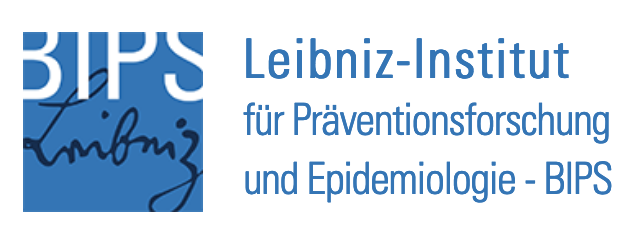
The Leibniz Institute for Prevention Research and Epidemiology - BIPS uses its research to develop effective strategies for the prevention of chronic, non-communicable diseases. The primary goal is to set the course for a healthy life course at an early stage. Our research therefore focuses on starting points of cross-disease relevance, such as lifestyle and living environment, biological and social factors, as well as early detection and therapy safety. Our research spectrum ranges from method development and the identification of disease causes to intervention and implementation research. In addition, we inform policy makers and the general public and are involved in academic qualification. BIPS thus covers the entire cycle of epidemiological research. In September 2016, BIPS was also appointed as a WHO Collaborating Centre for Obesity Prevention, Nutrition and Physical Activity.
Environmental Analytical Chemistry and Eco-toxicology Lab

